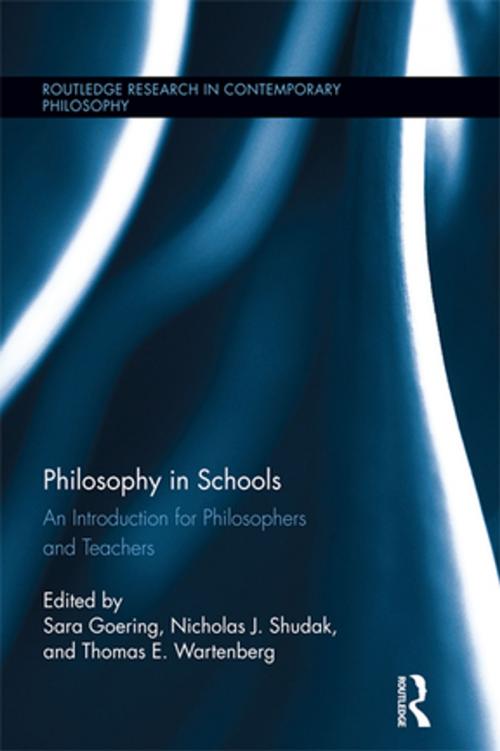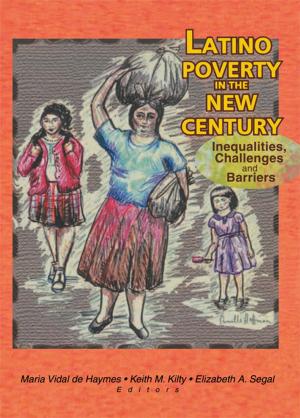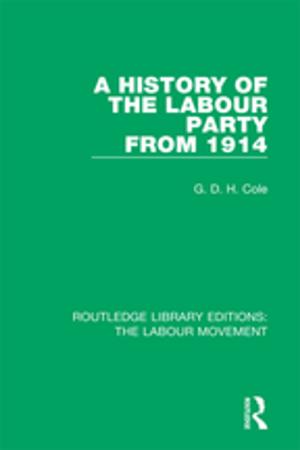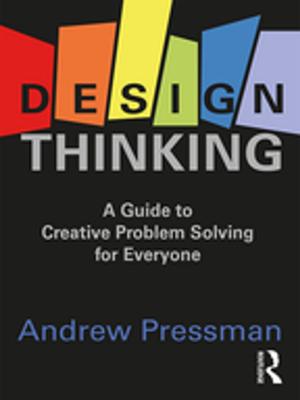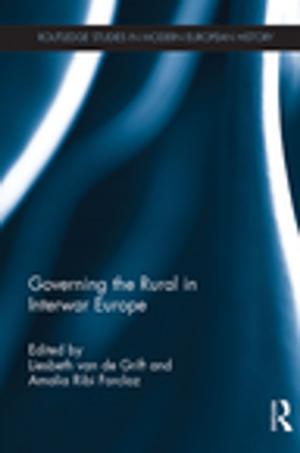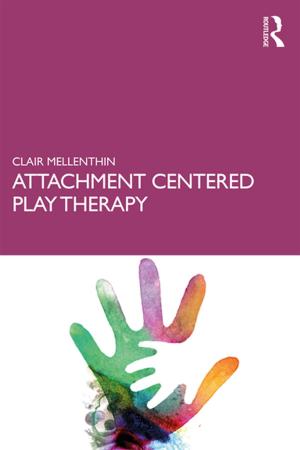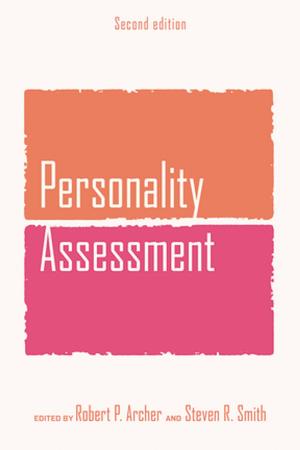Philosophy in Schools
An Introduction for Philosophers and Teachers
Nonfiction, Reference & Language, Education & Teaching, Reference, Teaching, Teaching Methods, Religion & Spirituality, Philosophy| Author: | ISBN: | 9781136180323 | |
| Publisher: | Taylor and Francis | Publication: | March 5, 2013 |
| Imprint: | Routledge | Language: | English |
| Author: | |
| ISBN: | 9781136180323 |
| Publisher: | Taylor and Francis |
| Publication: | March 5, 2013 |
| Imprint: | Routledge |
| Language: | English |
All of us ponder the big and enduring human questions—Who am I? Am I free? What should I do? What is good? Is there justice? Is life meaningful?—but this kind of philosophical interrogation is rarely carefully explored or even taken seriously in most primary and secondary school settings. However, introducing philosophy to young people well before they get to college can help to develop and deepen critical and creative thinking, foster social and behavioral skills, and increase philosophical awareness.
Philosophy in Schools: An Introduction Philosophers and Teachers is an invaluable resource for students and practitioners who wish to learn about the philosophy for children movement, and how to work its principles into their own classroom activities. The volume provides a wealth of practical information, including how to train educators to incorporate philosophy into their daily lessons, best practices and activity ideas for every grade level, and assessment strategies. With contributions from some of the best practitioners of philosophy for children, Philosophy in Schools is a must-have resource for students of philosophy and education alike.
All of us ponder the big and enduring human questions—Who am I? Am I free? What should I do? What is good? Is there justice? Is life meaningful?—but this kind of philosophical interrogation is rarely carefully explored or even taken seriously in most primary and secondary school settings. However, introducing philosophy to young people well before they get to college can help to develop and deepen critical and creative thinking, foster social and behavioral skills, and increase philosophical awareness.
Philosophy in Schools: An Introduction Philosophers and Teachers is an invaluable resource for students and practitioners who wish to learn about the philosophy for children movement, and how to work its principles into their own classroom activities. The volume provides a wealth of practical information, including how to train educators to incorporate philosophy into their daily lessons, best practices and activity ideas for every grade level, and assessment strategies. With contributions from some of the best practitioners of philosophy for children, Philosophy in Schools is a must-have resource for students of philosophy and education alike.
